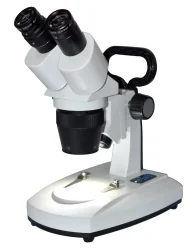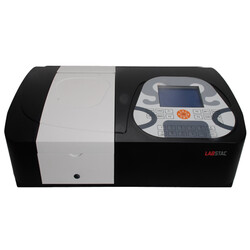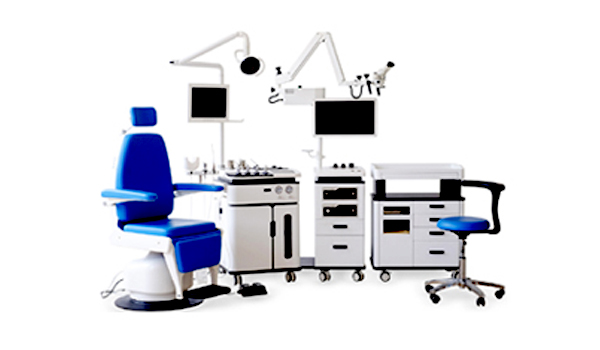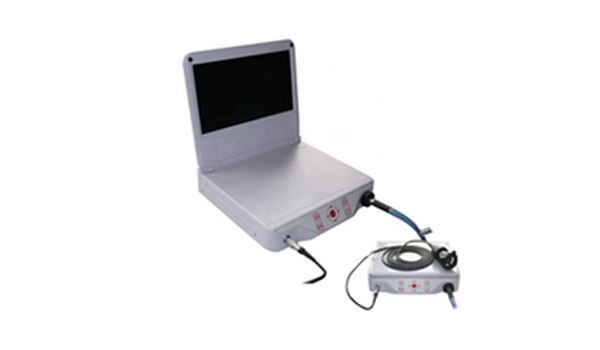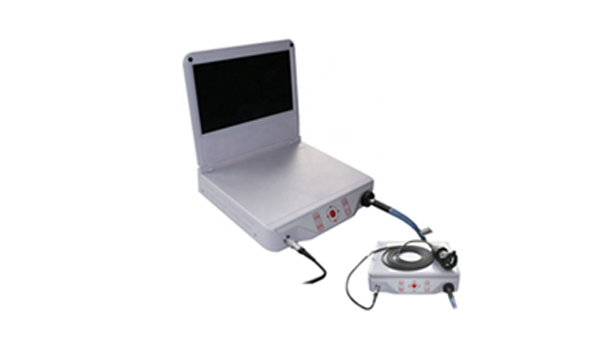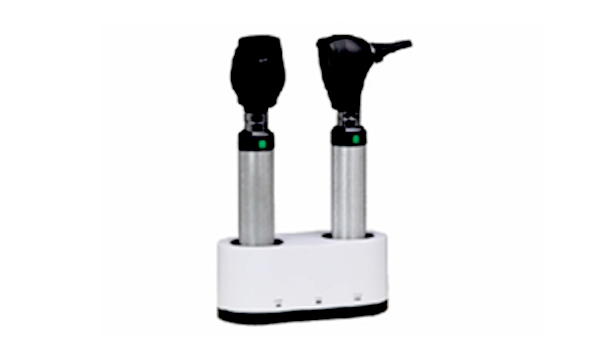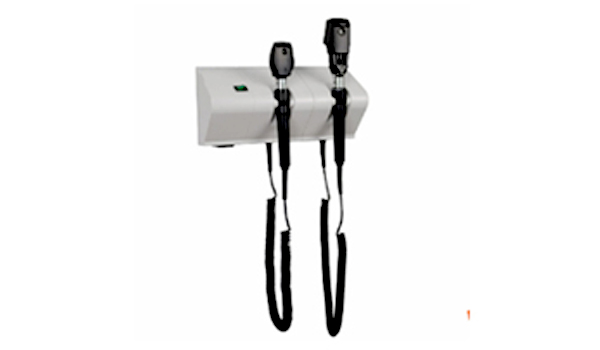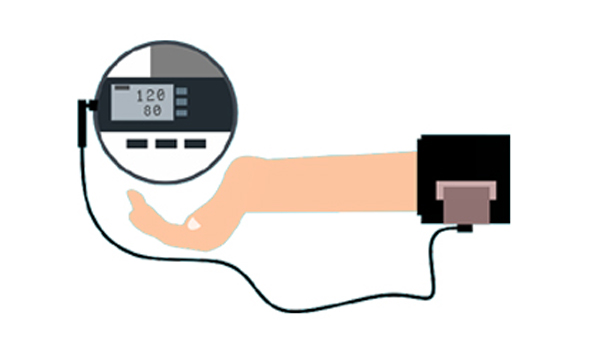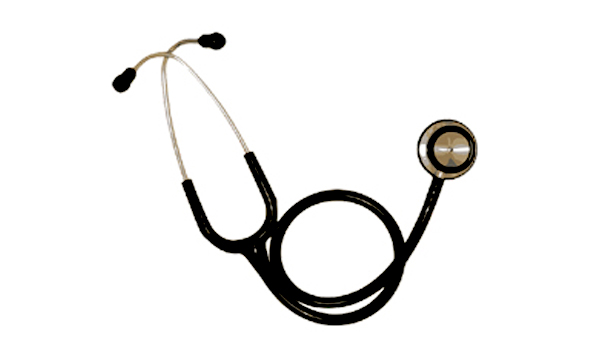Find best Diagnostics & Screening Suppliers for all your bulk order needs
We connect buyers to top Diagnostics & Screening Suppliers, helping both find the right match for their needs.
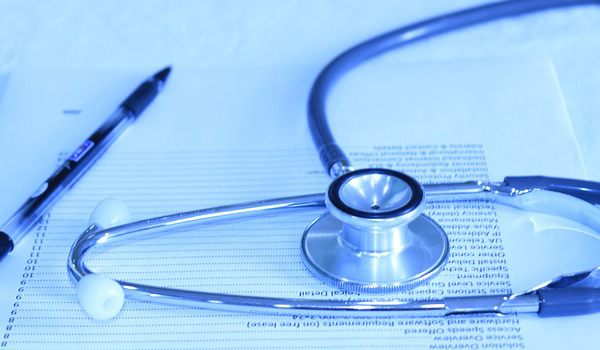
Browse Diagnostics & Screening products at wholesale price from the best Diagnostics & Screening suppliers
Looking for a supplier of Diagnostics & Screening at wholesale prices? Look no further! Post your requirements and get best deals on Diagnostics & Screening for your business from multiple Diagnostics & Screening suppliers.
Binocular Stereo Microscope
Price : Rs 14999 / Piece
Radical Scientific Equipments Private Limited
9th Milestone, Jagadhari Road, Ambala Cantt, Ambala, Faridabad, Haryana, 133104, India
spectrophotometer
82 Wendell Avenue, STE 100., Pittsfield, massachusetts, 01201, United States
Fiber Optic Mini Otoscope
Price : $ 16 / Piece
Sialkot, Sialkot, Punjab, 51310, Pakistan
Diagnostics & Screening
Explore Diagnostics & Screening related category & post requirement to connect with Diagnostics & Screening related suppliers for your bulk order needs and get the best deal on high-quality Diagnostics & Screening related products at wholesale price.
Diagnostics and Screening
Diagnostics involves identifying diseases or medical conditions through various tests, examinations, and procedures. Screening is a diagnostic test performed on individuals who may be at risk for a particular condition, even without symptoms.
Product Categories and Applications
- Develop and offer products in key diagnostic categories:
- Imaging equipment (X-rays, MRI, CT scan, ultrasound)
- Laboratory testing equipment and supplies
- Endoscopy devices
- Biopsy tools and equipment
- Focus on emerging technologies:
- AI and machine learning-based diagnostic tools
- Point-of-care testing devices
- Genetic testing equipment
- Understand the applications of different diagnostic tools:
- Cancer screening and diagnosis
- Infectious disease testing (e.g., COVID-19, HIV, STDs)
- Genetic testing and personalized medicine
- Chronic disease management (e.g., diabetes, heart disease)
- Consider the specific needs of your healthcare facility or practice
Diagnostic vs. Screening Tests: Key Differences
- Develop products tailored for both diagnostic and screening purposes
- Provide clear guidelines on the intended use of each product
- Understand the differences to make informed purchasing decisions:
- Purpose of the test
- Target population
- Timing and frequency of testing
- Invasiveness and patient comfort
- Cost and resource requirements
Quality Assurance and Performance Metrics
- Ensure products meet industry standards for:
- Sensitivity and specificity
- Reliability and validity
- Consistency across different patient demographics
- Provide comprehensive performance data and quality assurance documentation
- Evaluate diagnostic tools based on the following:
- Accuracy and reliability
- Suitability for your patient population
- Ease of use and integration with existing systems
- Ongoing maintenance and quality control requirements
Regulatory Compliance and Legal Considerations
- Ensure compliance with relevant regulations:
- FDA approval for medical devices
- CE marking for European markets
- ISO certifications for quality management
- Provide necessary documentation and support for regulatory audits
- Verify regulatory compliance of diagnostic products
- Understand legal requirements for implementing new diagnostic tools
- Consider liability and insurance implications
Ethical Considerations in Diagnostics and Screening
- Develop products with ethical considerations in mind, like
- Patient privacy and data security features
- Options for customizable informed consent processes
- Equitable access considerations in product design
- Implement ethical practices in diagnostic and screening programs:
- Informed consent and patient autonomy
- Confidentiality and privacy protection
- Equitable access to testing services
- Protocols to address overdiagnosis and overtreatment
Cost-effectiveness and Resource Allocation
- Provide precise cost-benefit analyses for your products
- Offer flexible pricing models or volume-based discounts
- Develop products with resource efficiency in mind
- Evaluate the total cost of ownership for diagnostic equipment
- Consider the long-term value and impact on patient care
- Assess resource requirements (staff, training, maintenance) for new diagnostic tools
Emerging Trends and Future Directions
- Invest in research and development for:
- AI and machine learning integration
- Portable and point-of-care diagnostics
- Personalized medicine and genetic testing
- Stay informed about changing healthcare needs and adapt product offerings
- Keep abreast of emerging diagnostic technologies
- Consider the long-term benefits of adopting new diagnostic approaches
- Plan for future integration of advanced diagnostic tools in your practice
Diagnostics and screening are at the forefront of modern healthcare, constantly evolving with technological advancements and changing medical needs. For suppliers and buyers in the B2B healthcare marketplace, staying informed and adaptable is crucial for success in this dynamic landscape. Suppliers must focus on innovation, developing products that meet the growing demand for accurate, efficient, and cost-effective diagnostic solutions. On the other hand, buyers face the challenge of selecting the most appropriate diagnostic tools for their specific healthcare settings, balancing factors such as accuracy, cost-effectiveness, and long-term impact on patient care.
